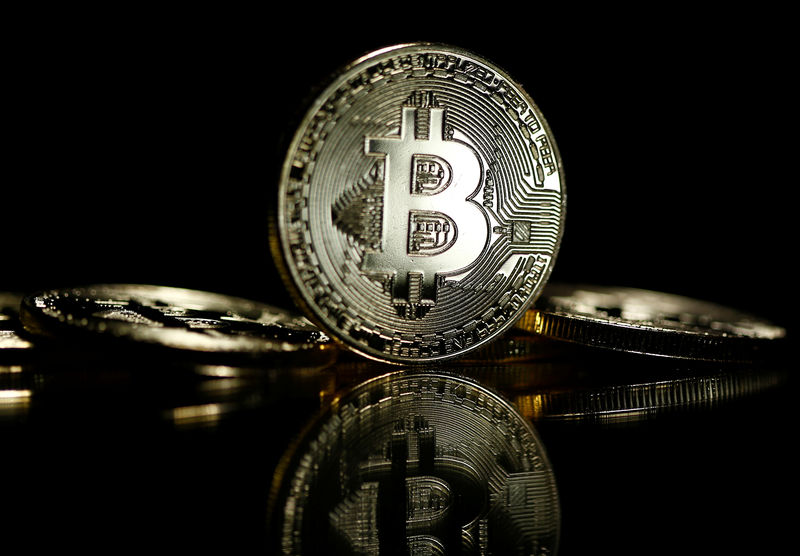Intel stock spikes after report of possible US government stake
Coin Edition -
- On Wednesday, the Federal Reserve released the CPI figures for March.
- Following the CPI release, the crypto market experienced volatility.
- Bitcoin fell by 4% before rebounding to close the day with a 2.27% profit.
On Wednesday, the Federal Reserve released the CPI figures for March, and the numbers deviated from market anticipation. Following the CPI release, the crypto market experienced volatility, with several cryptos dropping to lower levels.
Bitcoin dropped about 4% shortly after the Fed released the inflation figures, with the price falling to $67,482. However, the flagship crypto rebounded after the pullback to close the trading day with a 2.27% profit and reclaim the $70,000 level, according to data from TradingView.
Notably, Bitcoin’s price showed a detachment from the overall expectations resulting from the CPI impact. It showed more strength than many top altcoins that succumbed to the pressure of inflation figures.
While Bitcoin rebounded, most cryptos lagged. Top altcoins like Solana (SOL), Bitcoin Cash (BCH), Polkadot (DOT), and Aptos (APT) declined by 5% to 7%. Decentralized exchange Uniswap’s governance token (UNI) plummeted more than 10%. However, regulatory enforcement by the U.S. Securities and Exchange Commission (SEC) contributed to UNI’s decline.
Following the CPI release and the subsequent market reactions, Will Clemente, co-founder of Reflexivity Research, considered the CPI figures less significant in the big picture of the U.S. debt situation. In an X post, Clemente highlighted three options for the U.S. under the prevailing circumstances. They include defaulting on debt, a massive utopian AI-fueled productivity boom, and letting inflation rub hot.
Bitcoin getting bid into the stock mkt close, trading back above $70kMaybe the market is realizing option 3 laid out here is the most likely resolution to the debt situation and Bitcoin is insurance against this https://t.co/nsP5PeCQW2— Will (@WClementeIII) April 10, 2024
Following Bitcoin’s rebound, Clemente thinks the market realized that the policymakers would go with the third option and let inflation run higher than the 2% target. As a result, investors are turning to Bitcoin as insurance against skyrocketing inflation. He considered it the most reasonable option among the three, noting that it is unlikely for the other two to happen.
Bitcoin traded for $70,686 at the time of writing, according to data from TradingView.
The post Bitcoin Reclaims $70K After Initial Dip From US Inflation Figures appeared first on Coin Edition.
